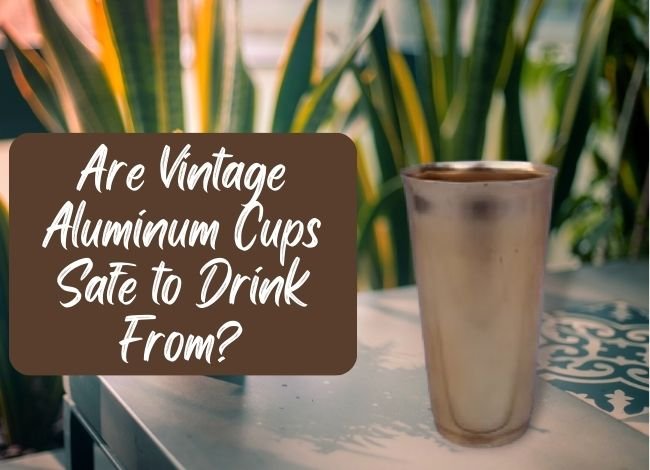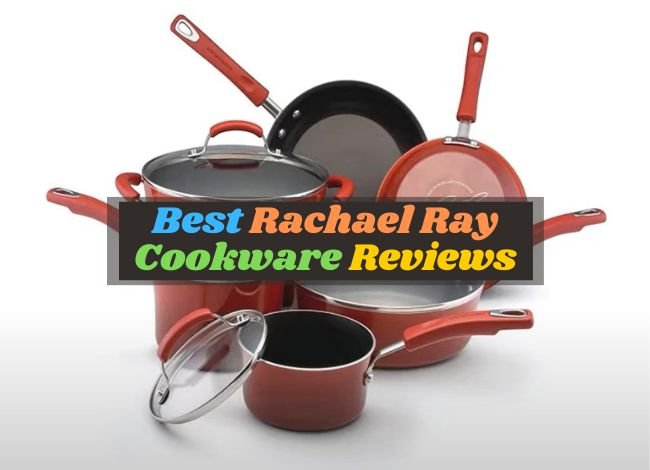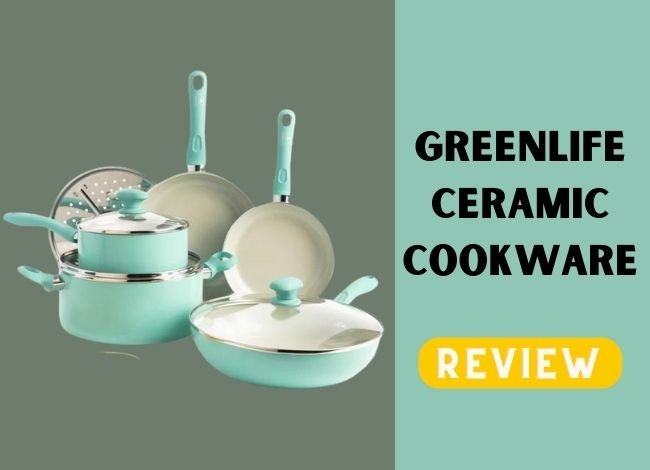Last Updated on January 10, 2024
The lure of vintage items is irresistible for many. Whether it’s a testament to nostalgia or an appreciation for old craftsmanship, vintage objects have a special place in the hearts of collectors. One such item is the vintage aluminum cup, which many might remember from their grandparents’ kitchens. They are colorful, lightweight, and often bear the distinctive marks of an era gone by. But with their age and material, the question arises: Are vintage aluminum cups safe to drink from?
Aluminum: A Brief Overview
Before delving into the specifics of the cups, let’s first look at aluminum itself. Aluminum is the third most common element in the Earth’s crust and has been used for over a century in a wide range of applications, from construction to cookware. Its popularity comes from its lightweight nature, resistance to corrosion, and its ability to conduct heat. It’s also easily recyclable, making it an environmentally friendly choice in many applications.
Related Article: How Much Does Aluminum Polishing Cost?
Concerns with Aluminum
- Aluminum and Health: Over the decades, there have been concerns regarding the ingestion of aluminum and its potential health impacts. Some studies have suggested a link between aluminum and neurological conditions, including Alzheimer’s disease. However, the majority of these studies are inconclusive, and there’s no definitive evidence that normal exposure to aluminum causes Alzheimer’s or any other neurological disorder.
- Aluminum Leaching: When acidic or alkaline foods and drinks come into contact with aluminum, there’s a possibility for the metal to leach into the substance. This means that if you’re drinking a citrusy beverage or something highly acidic out of an aluminum cup, there’s potential for aluminum to seep into the drink. The level of leaching usually remains quite low and is considered safe by most health organizations, but it’s still a point of consideration for those who are wary.
Specifics of Vintage Aluminum Cups
Now, considering vintage aluminum cups:
- Wear and Tear: These cups, being old, might have scratches, dents, or imperfections that could potentially increase the amount of aluminum that comes into contact with the beverage. A damaged or scratched inner surface might result in higher levels of aluminum leaching than a newer, smoother surface.
- Coatings and Paints: Vintage aluminum cups might have been colored or coated with materials that aren’t in use today due to health concerns. The paint or coating could degrade over time, leading to ingestion if the cups aren’t properly checked and cleaned.
- Cleaning: Cleaning agents and techniques that were recommended or popular during the time these vintage cups were in regular use might not be suitable by today’s standards. It’s vital to ensure the cups are cleaned thoroughly and with contemporary, safe cleaning agents.
Are They Safe?
Given the considerations:
- For Occasional Use: Drinking occasionally from a vintage aluminum cup, especially if it’s in good condition, is likely safe. The amount of aluminum that might potentially leach into your drink is typically well below the daily intake considered safe by health organizations.
- Regular Use: If you’re planning to use these cups as your everyday go-to, it might be more prudent to think twice. Given the potential for increased wear and tear, combined with the risk of outdated coatings or paints, there’s a higher risk, albeit still small, of ingesting unwanted substances.
- For Decorative Purposes: If you’re a collector and your primary intention is to display these vintage cups rather than use them, then there’s no concern. They can serve as beautiful reminders of the past and can be showcased without any health worries.
Tips for Safe Use
- Check for Wear and Tear: Before using, inspect the cup for any signs of damage, scratches, or deterioration. A cup in good condition is less likely to leach aluminum.
- Avoid Acidic or Alkaline Drinks: If you’re concerned about aluminum leaching, it’s best to avoid using the cups for highly acidic or alkaline beverages.
- Clean Properly: Ensure that the cups are cleaned with modern, non-abrasive cleaners and are dried properly to avoid any corrosion or damage.
Conclusion
While vintage aluminum cups carry a charm and nostalgia that’s hard to resist, their safety for drinking purposes depends largely on their condition and the frequency of use. Occasional use, especially with non-acidic drinks, is generally safe. However, if you have concerns about potential health risks or the condition of your cups, it might be best to relegate them to decorative purposes. With proper care and mindful use, these vintage treasures can continue to be a part of our lives without compromising our well-being.
Frequently Asked Questions
- Are vintage aluminum cups safe to drink from?
- Answer: Generally, vintage aluminum cups are safe to drink from. Aluminum naturally forms a protective oxide coating which prevents harmful reactions. However, if the cup is damaged or corroded, it might be better to avoid using it.
- Can vintage aluminum cups leach aluminum into drinks?
- Answer: While aluminum can leach into drinks, the amount is typically very small and not considered harmful for most people. Acidic drinks may increase leaching, but levels remain low.
- Is there a health risk associated with using vintage aluminum cups?
- Answer: For the general population, there’s no significant health risk associated with using vintage aluminum cups. However, people with certain health conditions, like kidney diseases, should consult their doctor.
- How do I know if my vintage aluminum cup is still in good condition?
- Answer: Inspect the cup for any signs of damage like deep scratches, pitting, or corrosion. If the cup has a smooth surface and no apparent damage, it’s likely safe to use.
- Can cleaning methods impact the safety of vintage aluminum cups?
- Answer: Yes, abrasive cleaning agents or harsh scrubbing can damage the protective oxide layer. It’s best to clean them with a gentle detergent and a soft sponge.
- Are there any drinks that should be avoided in aluminum cups?
- Answer: Acidic beverages like citrus juices or tomato-based drinks can cause more aluminum to leach out, though the amounts are typically still within safe limits.
- Do vintage aluminum cups impact the taste of beverages?
- Answer: Some people may notice a slight metallic taste when drinking from aluminum cups, especially with hot or acidic drinks. This is more a matter of personal preference than safety.
- How does the age of the aluminum cup affect its safety?
- Answer: Over time, the protective oxide layer might wear down, especially if the cup has been roughly handled or improperly cleaned. Older cups might be more prone to damage, so they should be inspected regularly.




